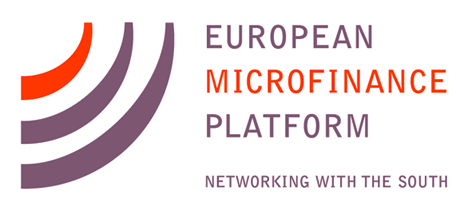Mary  Ellen Iskenderian of the US-based NGO Women’s World Banking (WWB) spoke today, the closing day of European Microfinance Week, about the impact of the COVID-19 pandemic on women and girls. Of the challenges they face, she said “COVID didn’t create these gaps, but it shines a bright light on the fissures, and we don’t want to see these grow larger.” As an example, she cited the strides made in recent years in terms of enrolling girls in primary education. She called this the single most powerful tool for creating development impact. However, one of the first things she has seen families in developing countries doing in response to COVID-19 is taking their daughters out of school.
Ellen Iskenderian of the US-based NGO Women’s World Banking (WWB) spoke today, the closing day of European Microfinance Week, about the impact of the COVID-19 pandemic on women and girls. Of the challenges they face, she said “COVID didn’t create these gaps, but it shines a bright light on the fissures, and we don’t want to see these grow larger.” As an example, she cited the strides made in recent years in terms of enrolling girls in primary education. She called this the single most powerful tool for creating development impact. However, one of the first things she has seen families in developing countries doing in response to COVID-19 is taking their daughters out of school.
On the positive side, Ms Iskenderian noted “a silver lining, that
